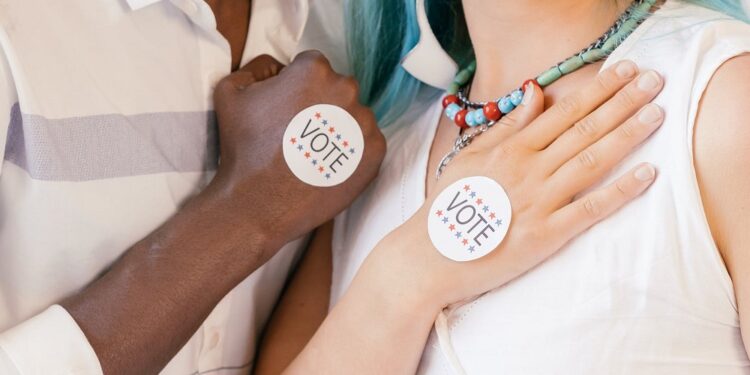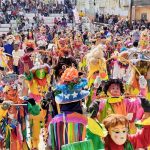
Primary Election Day in West Virginia
In West Virginia, the recognition of Primary Election Day as a state holiday stands as a testament to the state’s commitment to democracy and voter engagement. This decision, aimed at increasing voter turnout, reflects an understanding of the challenges faced by voters and an innovative approach to addressing them.
Historically, voter turnout in the United States has been a point of concern, especially in non-presidential elections. By establishing Primary Election Day as a state holiday, West Virginia joins a short list of states taking proactive measures to encourage participation in the democratic process.
Key Facts
- West Virginia observes Primary Election Day as a state holiday in even-numbered years.
- This policy applies to both state employees and the general public.
- The holiday coincides with primary elections, which are crucial in determining party candidates for the general election.
Impact and Observances
On Primary Election Day, state offices and many public institutions in West Virginia are closed, providing state employees and the general public with the opportunity to vote without the constraints of work or school obligations.
This not only facilitates participation for those who might otherwise find it challenging to reach polling stations but also encourages a more engaged and informed electorate. Voters use this day to exercise their democratic rights, often visiting polling stations with family members.
It’s also a time when political parties and candidates ramp up their efforts to connect with voters, hosting rallies and informational events. Community organizations frequently conduct voter education campaigns, emphasizing the importance of participating in the electoral process.
In schools and educational institutions, the lead-up to Primary Election Day often involves civics education, where students learn about the importance of voting and the role of elections in a democratic society. Though schools may be closed on the holiday itself, the event serves as an educational opportunity to instill the values of civic participation in young citizens.








